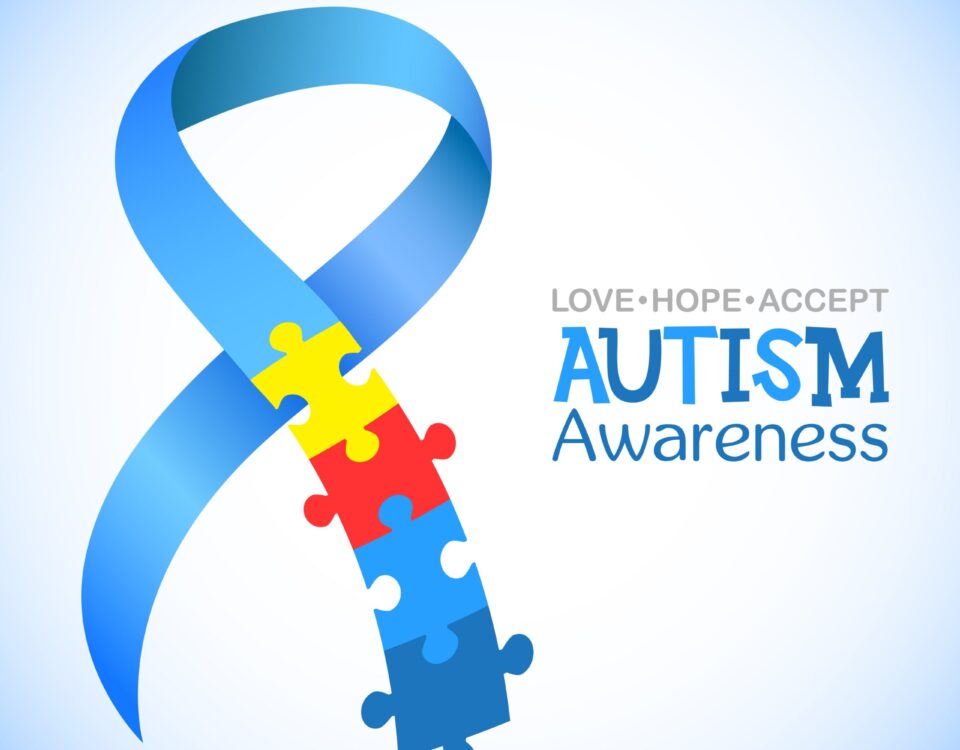- Have any questions?
- (561) 206-2574
- [email protected]
Early Intervention Services

A Guide to Developmental Disabilities
August 7, 2023
Dyslexic Thinkers
October 19, 2023Early Intervention Services

Early intervention is a set of services that are designed to help children who are at risk of or have developmental delays or disabilities. These services can help children reach their full potential and learn and grow in all areas of development, including cognitive, physical, social, and emotional.
Early intervention services are available to children from birth to age 3. They are typically provided by a team of professionals, such as early childhood educators, speech-language pathologists, occupational therapists, and psychologists. The specific services that are provided will vary depending on the child’s individual needs.
Some of the most common early intervention services include:
- Speech therapy: This helps children with speech and language delays.
- Physical therapy: This helps children with motor delays, such as difficulty walking or sitting up.
- Occupational therapy: This helps children with fine motor skills, such as playing with toys or buttoning their clothes.
- Psychological services: This helps children with social and emotional difficulties, such as anxiety or aggression.
- Family support services: This helps families learn how to support their child’s development.
Early intervention services can be very effective in helping children reach their full potential. Studies have shown that children who receive early intervention are more likely to succeed in school and have fewer behavioral problems.
If you are concerned about your child’s development, talk to your pediatrician. They can help you determine if your child is eligible for early intervention services and refer you to a provider.
Here are some of the benefits of early intervention:
- It can help children catch up to their peers in development.
- It can help children avoid more serious problems later in life.
- It can help children and families cope with the challenges of a developmental delay or disability.
- It can help children reach their full potential.
If you think your child may need early intervention, here are some steps you can take:
- Talk to your pediatrician. They can assess your child’s development and recommend early intervention services if they are appropriate.
- Contact your state’s early intervention program. They can help you find providers and learn more about the services that are available.
- Get involved in your child’s early intervention program. This will help you make sure that your child is getting the services they need and that you are a part of the team supporting their development.

